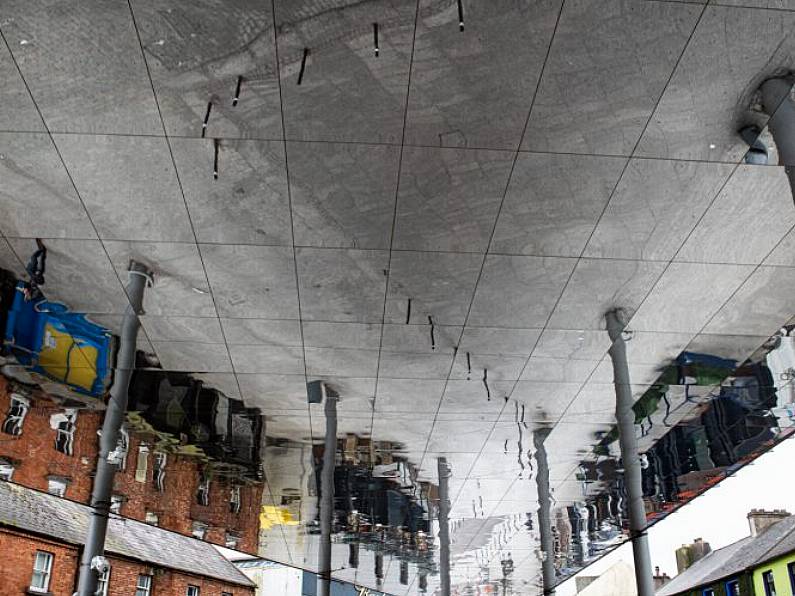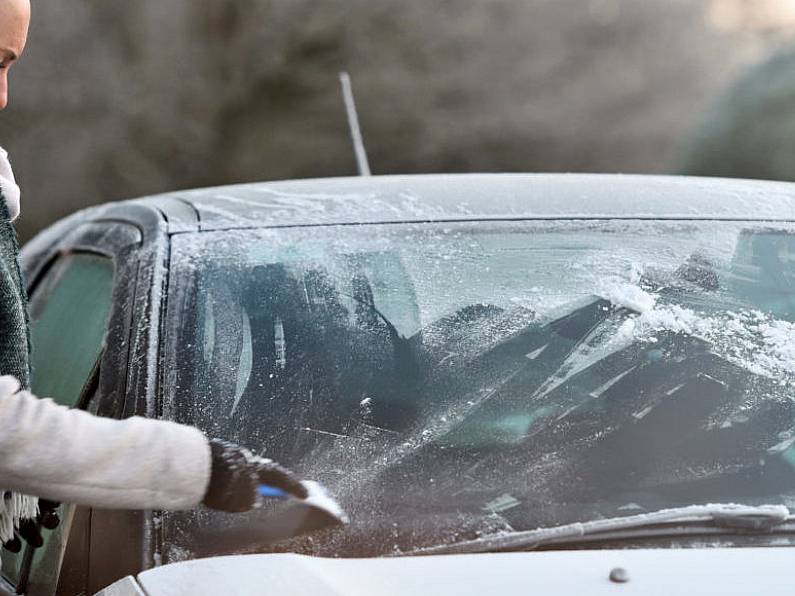50 additional deaths from covid 19 and 3,498 new cases have been confirmed in the Republic of Ireland this evening.
1,182 of the cases are in Dublin, 421 in Cork, 258 in Limerick, 187 in Galway, 164 in Waterford, and the remaining 1,286 cases are spread across all other counties.
The median age of those who died was 82 years, and the age range was 45-96 years. There was no newly reported death in healthcare workers. There was no newly reported death in a young person under the age of 30.#COVID19 @hpscireland
— Department of Health (@roinnslainte) January 15, 2021
As of 2 pm today, 1,850 COVID-19 patients are hospitalised of which 184 are in ICU.
The 14-day incidence rate per 100,000 is 1534.
Deputy Chief Medical Officer Dr Ronan Glynn says the number of close contacts per case peaked at 6 at the end of December but has now dropped to 2.3.
Waterford
The 14-day incidence of Covid-19 in Waterford has surpassed 2,000 for the first time.
164 new cases of the virus have been confirmed in Waterford.
It brings the 14-day incidence rate to 2,028.
Waterford is one of only four counties with rates above 2,000. It's approaching 3,000 in Monaghan while Louth and Limerick also have high rates.
2,356 people in Waterford have been diagnosed with Covid-19 during the first two weeks of January.
Approximately 1 in 49 people in Waterford have been infected during that time.
Chief Medical Officer
Dr Tony Holohan, Chief Medical Officer, Department of Health said: "New variants of COVID-19 have recently been identified in Brazil, and in travellers to Japan from Brazil. There is no evidence of these variants in Ireland.”
"Anyone who has travelled from Brazil in the last 14 days is advised to self-isolate for 14 days, from the date of arrival, and identify themselves, through a GP, for testing as soon as possible.”
“It is essential that anyone arriving from Brazil self-isolate for 14 days from the date of arrival before entering/re-entering the workplace. We are particularly appealing to employers to enable their employees to protect each other by staying at home for the full 14 days.”
"Further risk assessment of the new variants is expected from the ECDC in the coming week. We must all continue to adhere to every element of the public health advice. This remains our best defence against COVID-19.”
Dr Ronan Glynn, Deputy Chief Medical Officer, Department of Health said: “We have worked exceptionally hard in recent weeks to reduce our close contacts. At the end of December, the number of close contacts per confirmed case peaked at approximately 6. That has now dropped to 2.3 contacts. This enormous effort is the reason we are seeing case numbers beginning to fall.”
“We know that it is extremely difficult to keep our close contacts to a minimum, particularly over an extended period of time. But this is the main way we can protect ourselves and our loved ones from COVID-19. Again today, we are reporting the highest number of people with COVID-19 to date in our hospitals. We must stay home to protect ourselves and each other.”












